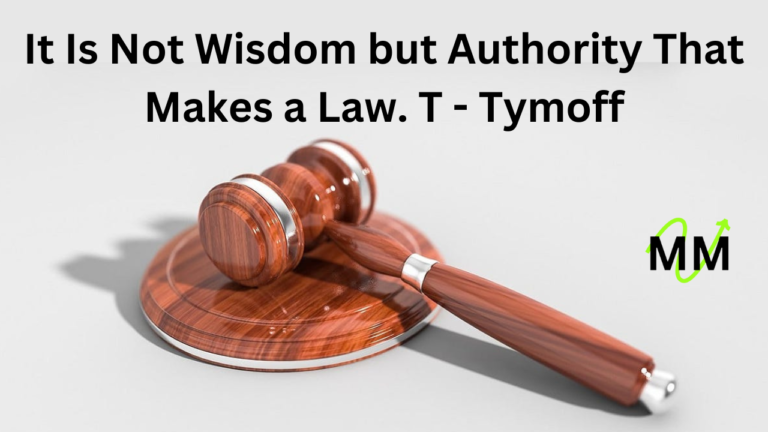The Drive Social Media Lawsuit: What it Means for Digital Marketing

In recent years, the digital marketing industry has seen a rise in legal disputes between companies and former employees or competitors. One such case that has garnered attention is the Drive Social Media lawsuit. This legal battle has shed light on issues such as breach of contract, non-compete violations, misappropriation of trade secrets, and unfair competition practices. The outcomes of this lawsuit have the potential to impact business practices, employee mobility, and intellectual property protections within the digital marketing sector.
Understanding the Drive Social Media Lawsuit
At the heart of the Drive Social Media lawsuit are claims brought forward against the agency by an individual who once was part of their team or by a competing entity. The core of these claims surrounds serious allegations, including but not limited to, contract breaches, non-compete clause violations, and the illicit use or theft of confidential company knowledge.
This legal confrontation delves deep into the legality and ethics of how proprietary strategies and client information are handled post-employment or partnership. The intricacies of the case hinge on dissecting the legal boundaries that define contractual agreements and the safeguarding of trade secrets within the fast-evolving digital marketing landscape.
As the proceedings unfold, they meticulously scrutinize the actions and intentions of the accused, setting a precedent for what is considered lawful and ethical conduct in the industry. This lawsuit not only highlights the delicate nature of employer-employee and business competition relationships but also puts a spotlight on the legal frameworks that support or challenge these dynamics.
The Implications of Breach of Contract Allegations
Breach of contract allegations within the digital marketing realm, such as those seen in the Drive Social Media lawsuit, underscore a multifaceted area of concern. For the company bringing forth the lawsuit, it’s not merely a matter of seeking reparations; it’s also about maintaining a competitive edge and safeguarding proprietary information.
Such allegations can tarnish the professional image of the accused, potentially hindering future career prospects and business ventures. On the broader scale, these disputes can set precedents that influence contractual norms and expectations within the industry. Furthermore, they emphasize the critical need for clarity and fairness in the drafting of employment contracts.
As the digital marketing landscape continues to evolve, these legal challenges underscore the delicate balance between protecting business interests and ensuring fair employment practices.
Non-Compete Violations and Industry Mobility
Non-compete clauses are designed to prevent professionals from transitioning directly into roles with direct competitors, thereby safeguarding a company’s trade secrets and strategic advantages. However, the Drive Social Media lawsuit brings to light the complex nature of these agreements within the digital marketing domain.
Such litigation often underscores the tension between an employer’s desire to protect its intellectual capital and an individual’s right to career progression and employment freedom. When allegations of non-compete violations surface, as they have in this notable case, the debate intensifies over how to fairly balance these interests.
The enforcement of these agreements must tread carefully not unduly to restrict a person’s livelihood or career development. This lawsuit raises important questions about the extent to which non-compete clauses can and should be applied, especially in an industry characterized by rapid change and innovation.
In examining the implications of non-compete violations, it becomes clear that there’s a need for these agreements to be carefully crafted, considering the fast-paced environment of digital marketing. They should be specific, reasonable in scope and duration, and ultimately aimed at protecting legitimate business interests without stifiring industry growth or individual career mobility.
The ongoing discourse surrounding the Drive Social Media lawsuit could lead to a reevaluation of how non-compete clauses are structured and enforced in the digital marketing sector, balancing the scales between business protection and employee freedom.
Misappropriation of Trade Secrets in Digital Marketing
The allegations of trade secret theft in the Drive Social Media lawsuit underscore the precarious nature of handling proprietary information within the digital marketing industry. Such disputes shine a spotlight on the critical importance of establishing stringent measures to protect sensitive data and strategies that constitute a company’s competitive edge.
This aspect of the lawsuit serves as a stark reminder of the high stakes involved when employees move between companies in this rapidly evolving field. The legal framework surrounding the protection of trade secrets is put to the test in these scenarios, challenging companies to rigorously enforce and update their confidentiality and non-disclosure agreements.
The ramifications of this case could prompt a reevaluation of how digital marketing firms manage and safeguard their intellectual assets, emphasizing the necessity for vigilance and proactive measures to prevent the unauthorized dissemination of trade secrets. This litigation not only highlights the potential risks to business operations but also the importance of fostering a culture of integrity and respect for intellectual property within the industry.
Read More
Lessons Learned from the Drive Social Media Lawsuit
The Drive Social Media lawsuit illuminates the critical nature of meticulously drafted agreements and the vital role they play in delineating boundaries for both employers and employees within the digital marketing landscape. This case has underscored the necessity for companies to engage in thorough and clear contract writing, ensuring that non-compete clauses, confidentiality agreements, and intellectual property protections are not only legally enforceable but also fair and reasonable.
It emphasizes the importance of foresight in these agreements to accommodate the fast-paced and ever-evolving digital marketing industry. Additionally, this legal battle highlights the imperative for digital marketing professionals to understand fully and respect the terms of their contracts, particularly concerning trade secrets and client information.
Through this lawsuit, the industry is reminded of the value of fostering a culture that prioritizes ethical business practices and respects the delicate balance between protecting a company’s assets and supporting an individual’s career growth. For digital marketing entities, it stresses the significance of adopting proactive strategies in safeguarding proprietary information while promoting innovation and healthy competition.
Ultimately, this case serves as a reminder that clear communication, legal diligence, and ethical conduct are fundamental in navigating the complexities of the digital marketing world, ensuring a fair and thriving professional environment for all parties involved.






